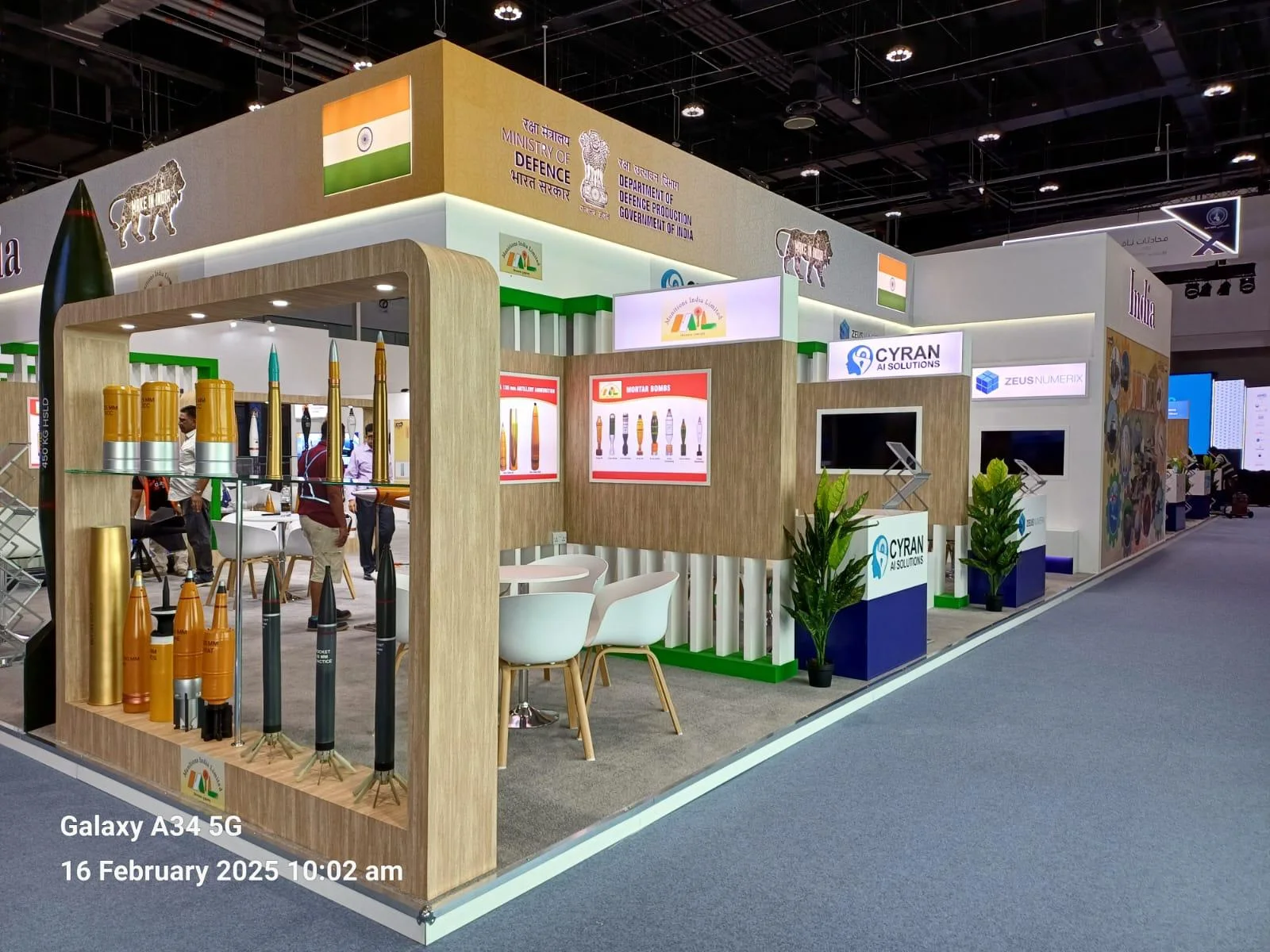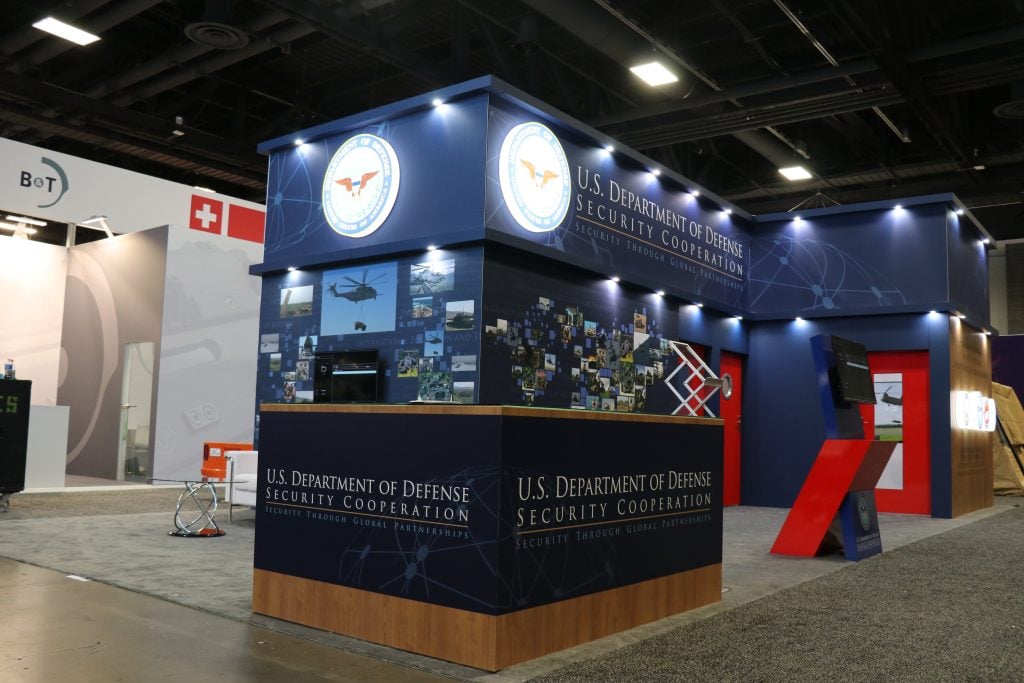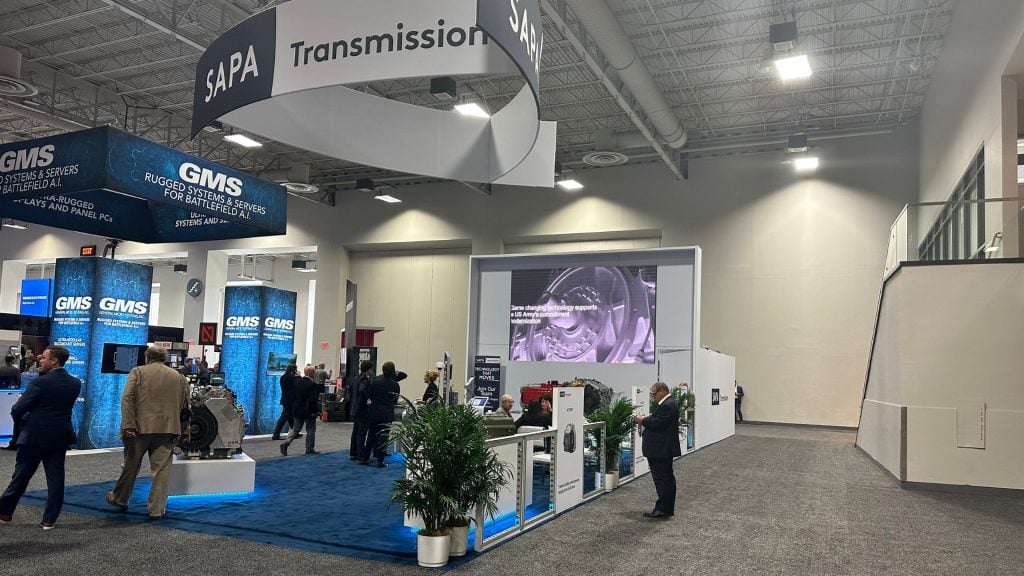
Introduction
Trade shows have long been a cornerstone of industry engagement, providing platforms for businesses to showcase their products and connect with potential clients. But as the world continues to change, staying within industry silos can limit innovation and growth. There’s immense value in learning from other sectors, adopting their best practices, and applying them to trade show experiences. This approach can lead to better audience engagement, more efficient operations, and cutting-edge exhibit design.
Let’s explore the key lessons trade shows can learn from other industries and how these insights can drive impactful change.
1. Retail: Enhancing the Customer Experience
The retail industry is an expert at creating seamless customer experiences, and trade shows can learn a lot from their approach.
• Personalized Engagement: Retail excels at using data to personalize the customer journey, from targeted marketing to tailored in-store experiences. Trade shows can implement similar strategies by leveraging attendee data to create personalized booth experiences, offers, and follow-up campaigns.
• Interactive Environments: Modern retail stores focus on interactivity to engage customers—whether through touchscreens, product demos, or augmented reality experiences. Trade shows can adopt this by integrating hands-on elements into booth designs, allowing attendees to interact with products or services in a meaningful way.
• Omnichannel Engagement: Retailers effectively combine online and offline experiences. Trade shows can adopt this approach by using digital touchpoints (like apps or social media) before, during, and after the event to extend engagement and keep the conversation going beyond the physical space.
2. Tech Sector: Driving Innovation Through Collaboration
The tech industry thrives on collaboration and knowledge sharing, often organizing hackathons, conferences, and open-source initiatives. Trade shows can incorporate these collaborative elements to create more dynamic events.
• Workshops and Interactive Sessions: Just as tech conferences often feature coding bootcamps or brainstorming sessions, trade shows can benefit from offering collaborative workshops. These hands-on experiences not only engage attendees but also encourage innovation by allowing participants to contribute ideas and solutions in real-time.
• Partnering with Startups: The tech sector often collaborates with startups to infuse fresh ideas and energy. Trade shows can invite emerging companies to showcase innovative products or host ‘pitch’ sessions where startups share how their innovations can benefit the industry.
3. Hospitality: Putting Attendees First
The hospitality industry focuses on guest satisfaction, comfort, and creating memorable experiences, which is an area where trade shows could greatly improve.
• Attendee-Centered Design: Just as hotels focus on customer comfort, trade shows can optimize booth layouts and event spaces for attendee convenience. This includes strategically placed amenities, comfortable seating, and easy navigation to make the experience smoother for attendees.
• Concierge Services: Adopting the hospitality approach of personal service, trade shows can offer concierge services that help attendees book meetings, manage schedules, or find relevant exhibitors. This high-touch service creates a more luxurious, stress-free experience.
• Focus on Wellbeing: Wellness has become a significant trend in hospitality, with hotels offering fitness programs, healthy food options, and relaxation spaces. Trade shows can incorporate wellness areas, such as quiet zones, healthy snacks, and hydration stations to cater to attendees who may feel overwhelmed by the busy environment.
4. Event Management: Streamlining Operations and Efficiency
Trade shows often face logistical challenges with setup, execution, and breakdown. Learning from the event management sector can provide valuable insights into improving efficiency and operational success.
• Technology Integration: Event managers frequently use tech tools like RFID, mobile apps, and cloud-based management systems to streamline event logistics and registration processes. Trade shows can adopt these technologies to ensure smoother attendee check-ins, monitor booth traffic, and automate post-show reporting.
• Sustainability Practices: The events industry is increasingly focused on sustainability, using eco-friendly materials and reducing waste. Trade shows can learn from this by adopting green booth materials, minimizing paper use, and recycling waste to create more sustainable events that appeal to eco-conscious attendees.
• Vendor Relationships: Successful event management relies on strong partnerships with vendors. Trade shows can benefit from developing close relationships with suppliers to ensure a reliable, cost-effective setup and seamless execution.
5. Entertainment Industry: Creating Immersive Experiences
The entertainment industry knows how to captivate and immerse audiences through storytelling, visuals, and interactive experiences. Trade shows can leverage similar tactics to elevate the attendee experience.
• Immersive Environments: Events like music festivals and film premieres are known for their immersive environments. Trade shows can incorporate immersive design elements—like thematic lighting, soundscapes, or virtual reality—to create memorable experiences that draw attendees into the brand story.
• Engaging Storytelling: Just as movies and concerts tell a compelling story, trade show booths should focus on clear, engaging narratives that guide visitors through the brand’s journey, innovations, and value proposition.
• Entertainment and Engagement: Incorporating live performances, guest speakers, or product demonstrations can make a booth more dynamic. The key is to create an experience that is not only informative but also entertaining and engaging for attendees.
Conclusion: Learning from Other Sectors to Innovate in Trade Shows
Cross-industry insights can help trade shows evolve, providing richer experiences, greater efficiencies, and stronger connections with attendees. Whether it’s adopting retail’s focus on personalization, hospitality’s attendee-first mindset, or entertainment’s immersive techniques, the trade show industry has much to gain from looking outside its own world. By embracing these lessons, trade shows can better meet the needs of modern exhibitors and attendees alike, driving greater success for all involved.


 Global
Global Europe
Europe

